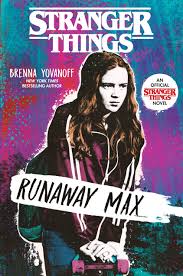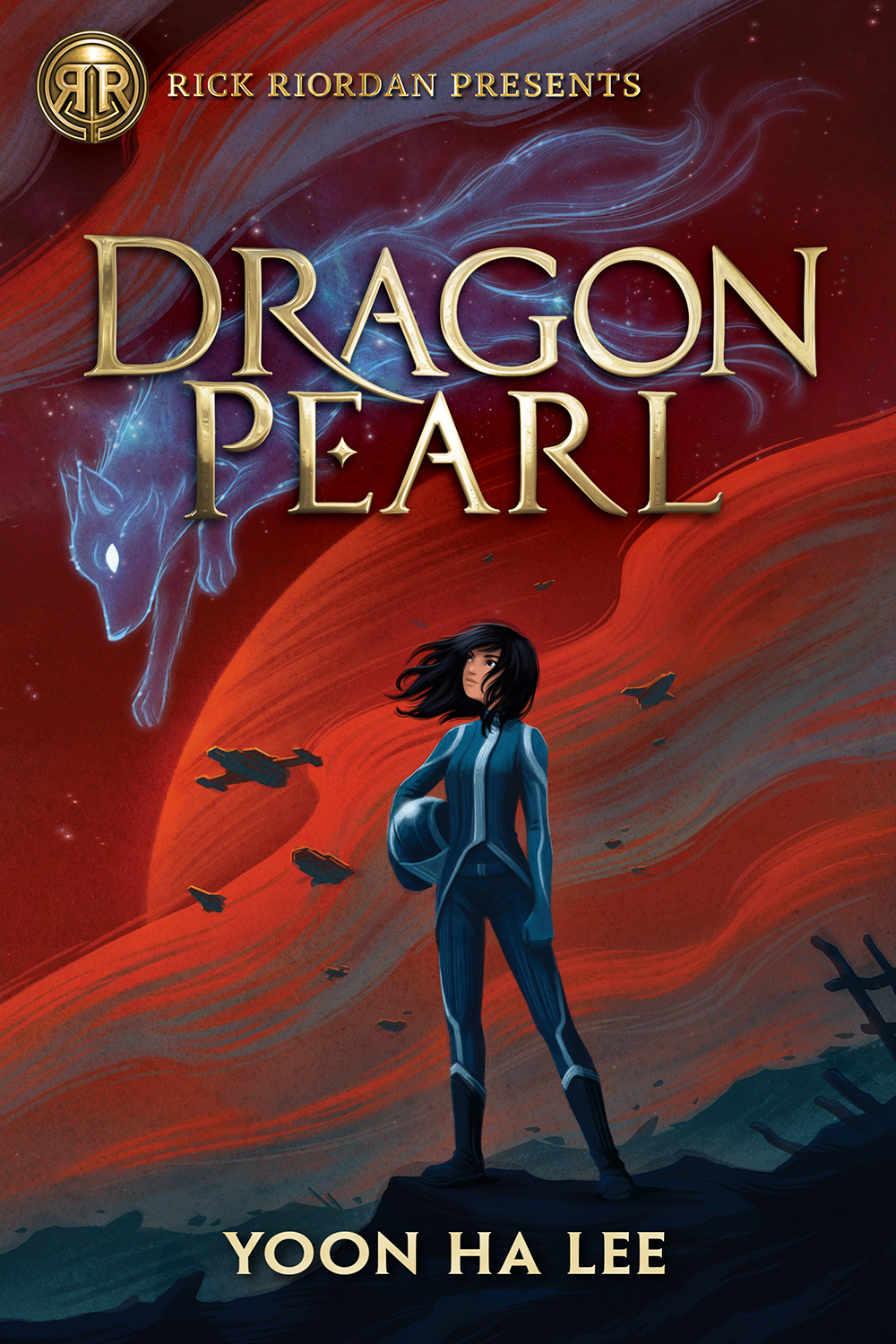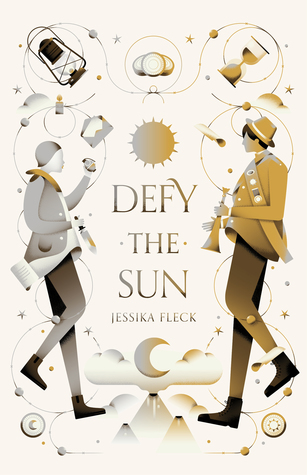 In Stranger Things: Runaway Max, a middle-grade novel, author Brenna Yovanoff gives readers a chance to get inside the head of Max Mayfield, the red-haired newcomer to Hawkins, Indiana, in Season 2 of the Stranger Things television show.
In Stranger Things: Runaway Max, a middle-grade novel, author Brenna Yovanoff gives readers a chance to get inside the head of Max Mayfield, the red-haired newcomer to Hawkins, Indiana, in Season 2 of the Stranger Things television show.
Understandably, I initially assumed that this novel would focus on the period of Max’s life when she ran away from home, briefly alluded to in a Stranger Things episode. I was disappointed to find that this event plays only a tiny role in the book – Max barely makes it to the bus station before being found by the police. In fact, there is very little new here at all; Runaway Max primarily recounts the same events as Season 2 of the show, only from Max’s perspective.
This is a strange direction for the franchise to take, given that the target audience, surely, is people who have already watched the show. It provides no pleasure to read a simplified version of the complex characterization we’ve seen on television between Max, her mother, her stepfather Neil, and her stepbrother Billy – a few short scenes in the show evoke more nuance to their relationship than this entire novel. What’s more, because the reader already knows the secrets Mike, Dustin, Lucas, and Will are hiding from Max – not to mention how the whole book will be resolved – there is no suspense and no motivation to keep reading further.
There’s also a strange dissonance between the level of the book and the timbre of the show. Given the definitively PG-13 rating of Stranger Things, I expected this to be at least on the older end of the middle-grade spectrum, if not verging into YA. Runaway Max keeps the writing very, very simple. There’s nothing wrong with that in and of itself, but as a companion to a much more complex show (that, again, even young readers supposedly have already watched), it’s a little weird.
The few bright spots of the book are the rare moments when Yovanoff shows us pieces of Max’s past, letting us glimpse a little more about her relationship with her father and her life in California. These glimpses, however, are few and far between. Young readers who have fixated on Max as a favorite character may relish the opportunity to spend more time with her, but the novel offers little for readers interested in other aspects of the show.
Runaway Max is not a bad book, but it might be a pointless one. The franchise likely would have better utilized Yovanoff’s talent by allowing her to write a fresh storyline rather than re-hashing so much of what the target audience already knows.
A copy of this book was provided by the publisher, Penguin Random House, for review.



